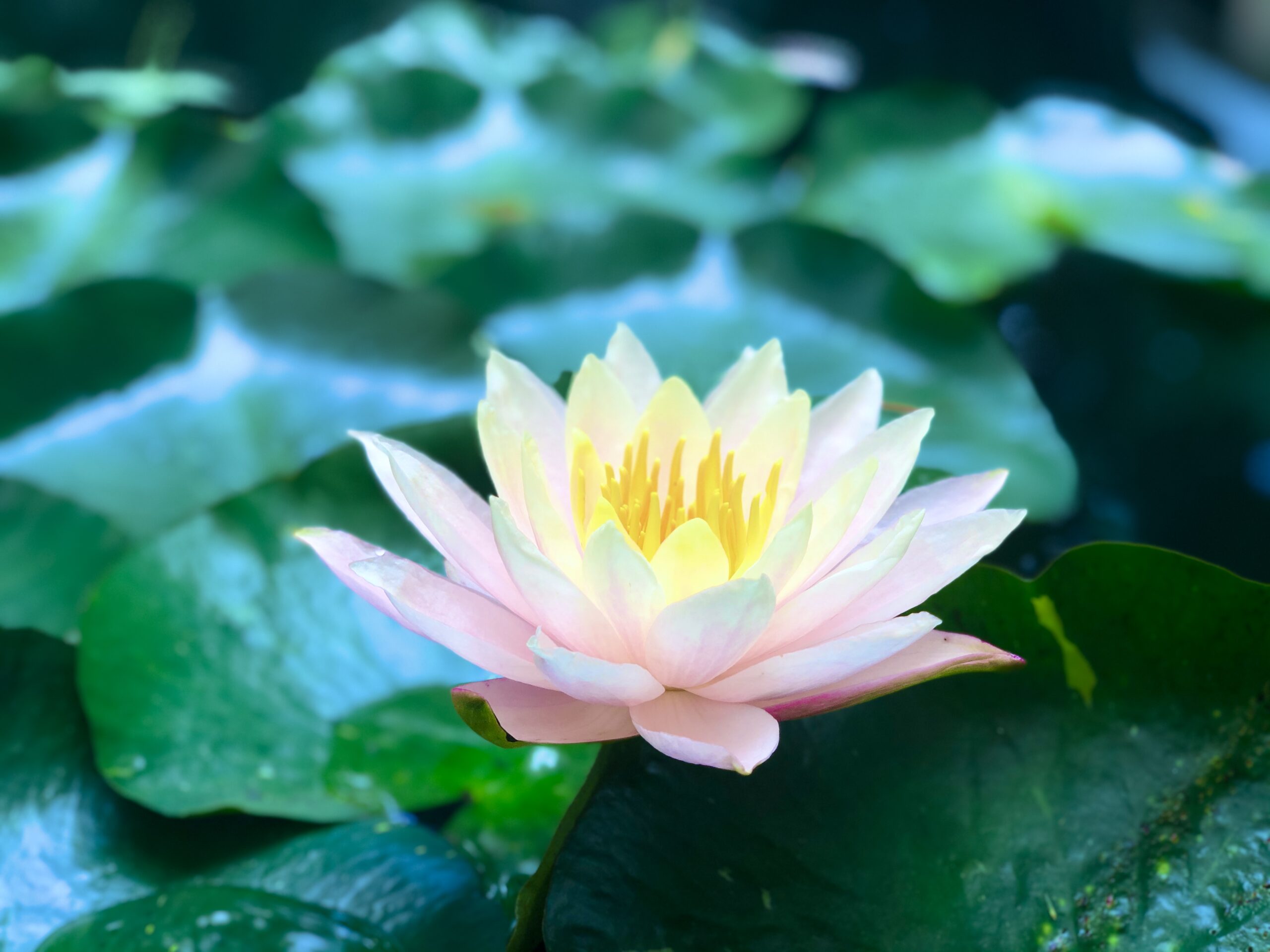There has been a strong body of scientific research, in the last forty years that points towards Mindfulness Meditation as the most effective non-medical resource to reduce stress, chronic pain and anxiety. As a result of this people are becoming more interested and with that questions and misconceptions about mindfulness are more prevalent.
Programs to teach mindfulness practices are blooming in medical facilities, schools, universities and many other spaces, all around the world. More and more people are experiencing the benefits of those courses and practices.
However, even with all that interest there are still some misconceptions about mindfulness floating in the air about what the practice is and is not. The most common misconceptions are:
Meditation is a relaxation practice.
Mindfulness meditation practice brings awareness to the present moment, without trying to change it. The encounter with the present experience can be not pleasant, neutral or pleasant. It could be the first time that you recognize the presence of things you do not like. Meeting unpleasant moments can be quite difficult and dysregulating. However, when you learn to make space for everything, accepting it all without struggling to change it, then a tranquility and deep relaxation starts to emerge.
Meditation is a form of hypnosis.
Mindfulness Meditation does not take you away from your experience, nor from your awareness. All the opposite, it is practicing to come back, again and again to our moment to moment happening being absolutely conscious of it.
Meditation can be practiced well only for a few people, not for most human beings.
Mindfulness meditation embraces the capacity that we all human beings have of exercising awareness. The capacity is present in all of us. What the practice does is to strengthen it. There is no such a thing as being good at meditating. The practice is to became aware of the distractions from the present moment and start again.
Meditation implies to empty your mind and stop thinking.
Mindfulness Meditation involves observing the thinking process, noticing the ideas without merging into or believing them. The treatment given to the thoughts is the same as that given to any other phenomena: noticing them, even identifying them (planning, worrying, ruminating…) and bringing the attention to the forefront (present) without being caught into the story that those thoughts create.
Meditation is run away from reality.
Mindfulness Meditation brings you back straight into your reality, as it happens. It allows you to get out of negative patterns of ruminations about past events and projections of future scenarios. Most of the time humans suffer from those two habits of mind: rumination and worries about the future. They are not reality but speculations or dwelling over past events. The reality, the only real thing is this moment. Mindfulness practices take you to be fully present in it.
Meditation is selfish.
When you sit and meditate you became calmer, centered and less reactive. You become more compassionate, grateful and sensitive. You cleanse yourself from selfishness shedding off greed, insensitivity and reactivity. These positive changes touch the people around you and empower you to have a more meaningful impact in society.
Meditation is a religious practice.
Many religions have some practices that are a form of meditation. However, mindfulness meditation is not a religious thing. It can be practiced without the reference to religious traditions, dogmas and or rules.
Mindfulness is a way of being in the world, meeting our experiences in the present with attention and compassion to respond skillfully to the challenges of life.
Meditation makes you passive and indifferent.
Mindfulness practice encourages you to accept what it is found in the present moment, to observe it without trying to change it. Perhaps, that can give the false idea that mindfulness promotes a passive attitude towards life’s challenges. However, the acceptance that we, mindfulness teachers encourage to flourish is the internal one. The one that is necessary to dedicate to the feelings, thoughts and body sensations that arise because of an event. The welcoming of all and any internal occurrence creates the possibility for not reacting to the happening, but rather find a wise response to it.
Meditation will put you at ease from day one.
Mindfulness practice is the way to train yourself to be in this world rather that to do. The path to really embrace being human. Such a change cannot be attained instantaneously.
Any form of training that aims to develop a different and radically new presence in life will take time. However, a strong body of scientific studies proves that people who undertake the training in Mindfulness Based Stress Reduction course show significant changes in their brain, which are related to less reactivity, more reflection and compassion.




